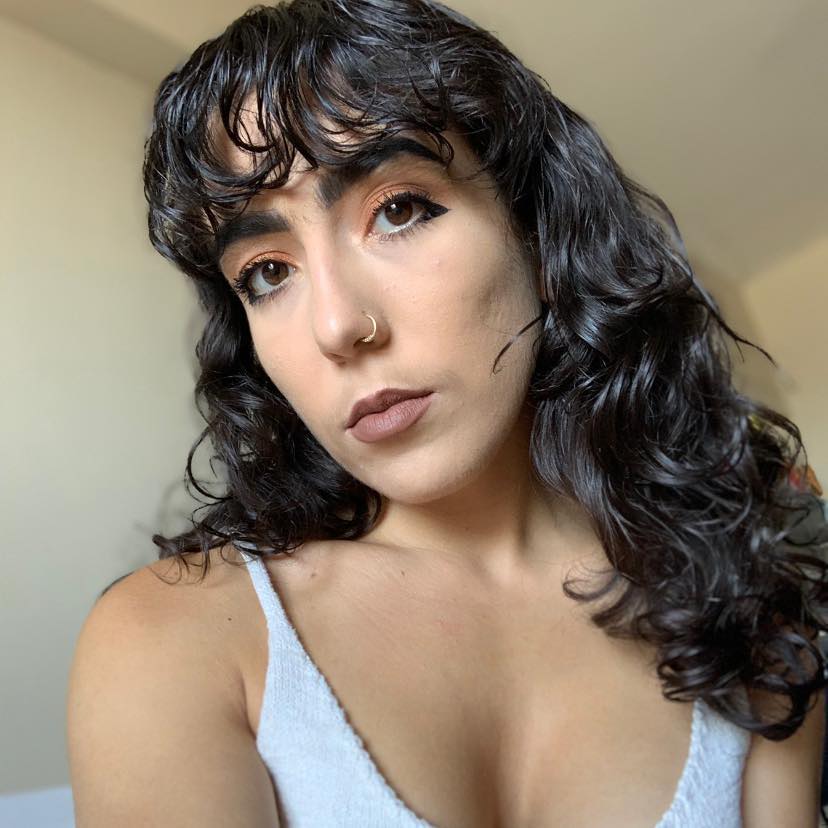Vancouver locals say funders need to create a more socially responsible structure
Grants aren’t going to the people who need them the most, BIPOC grassroots organizers from Vancouver say.
Lindsay Braynen is a co-founder and board director with ShowPony Studio, a creative space that prioritizes BIPOC, queer, and trans performers. She expected it to be easier for arts organizations to get grants for covering their basic necessities, especially in a city with rent as high as Vancouver’s. Instead, trying to keep her studio space alive has been an uphill battle.
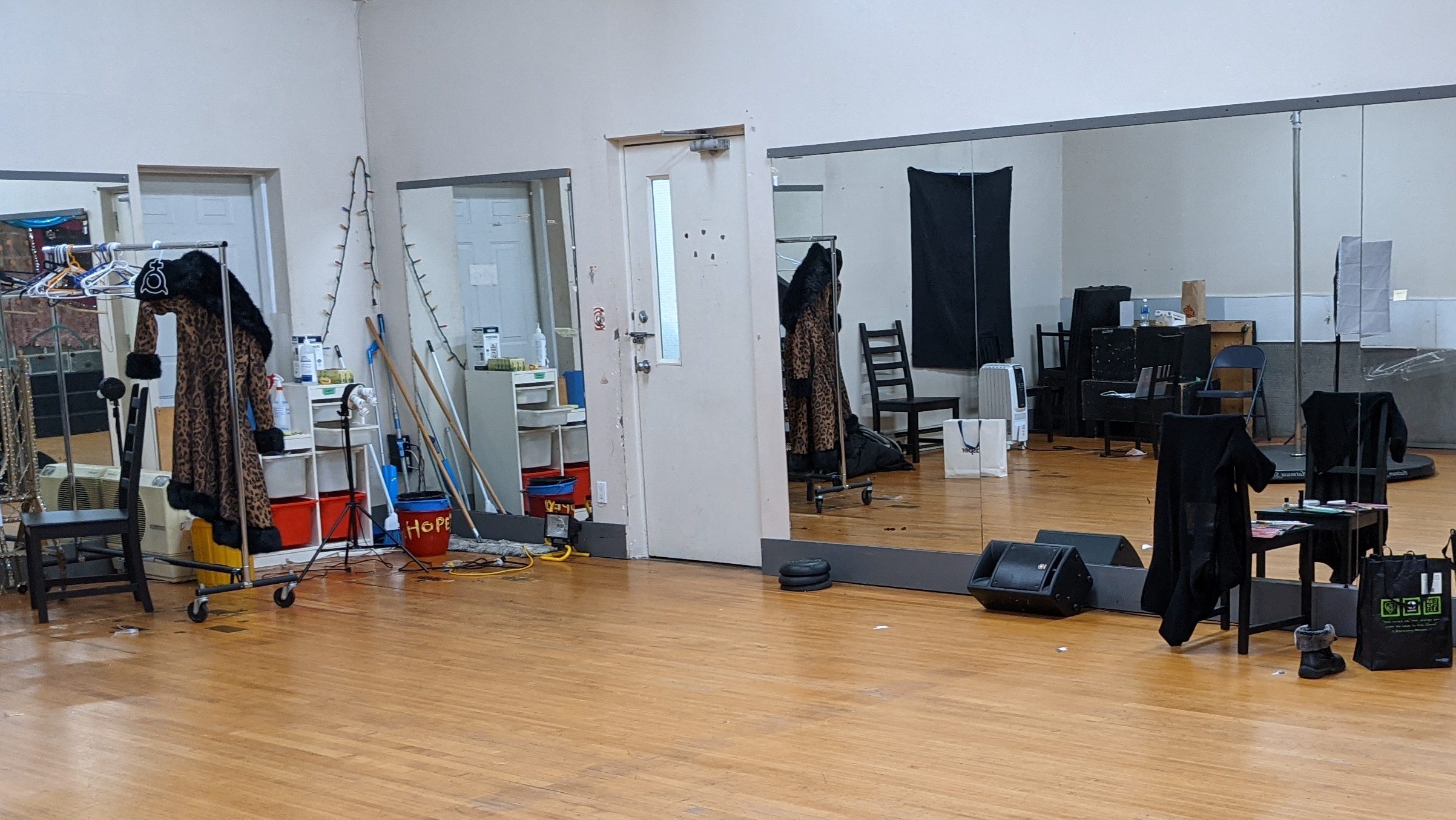
“We’re approaching year one of this whole bloody situation, so to still be consistently knocked by the structure of, ‘You have to become a non-profit. You have to have an established board of directors. You have to have an AGM,’ it’s like, ‘We’re not worried about an AGM! We’re trying to pay our rent,’” she says.
“Those are weird colonialist priorities for me to have. Right now, I’m trying to ensure that the performing arts can still survive. I’m trying to ensure that, at the very least, communities like mine have a space where we can work safely that aren’t going to cost us an arm, a leg, and our mortal soul to access.”
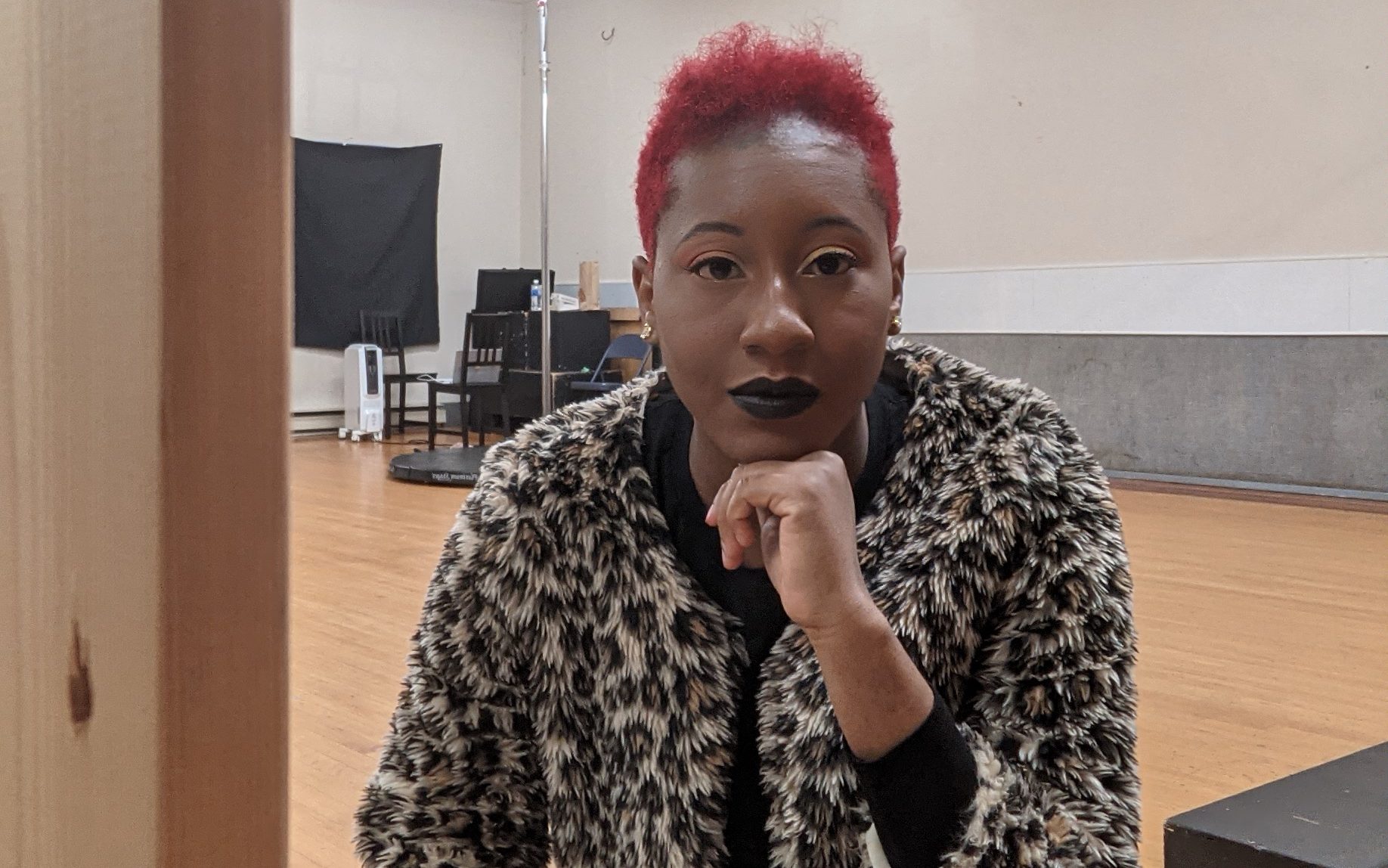
Thanks to fundraising support online, ShowPony was able to cover their bills for the next few months. Beyond that, they’re still “playing it by ear.”
So is Daniyah Shamsi and her team at DAME, or Diversity: Arts, Music & Entertainment. After years of struggling to get paid for her work, Shamsi doesn’t even want to try to apply for grants because the process is so complicated, and she knows she’s not alone.
“There’s nowhere near enough unrestricted operational funding available. It’s all very specific project based stuff, which makes it very hard for groups like Everybody Is In team and DAME because we’re not able to build financial stability. We are very sensitive and at risk to any fluctuations with funding,” she says.
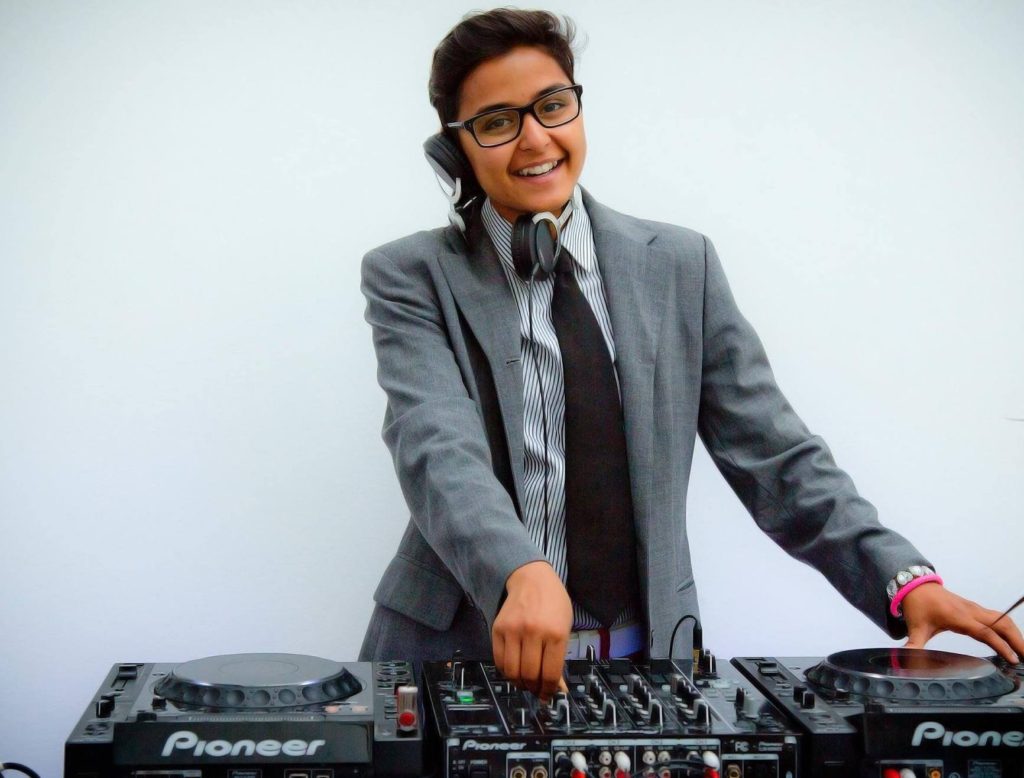
B.C.’s budget for 2020 reduced funding for Tourism, Arts and Culture from $164 million to $161 million, but did not cut the budget for the BC Arts Council. That’s good news, because the organization received $500,000 for a new grant program “to assist professional artists, cultural workers, and arts administrators adapt to the challenges faced due to COVID-19.” The deadline to submit applications was Feb. 16.
Still, the government’s not planning to increase arts fundings for the next couple of years, according to its fiscal plan. There is no mention of funds allocated specifically for BIPOC artists.
There are plenty of grants out there, but the amount of funding available isn’t the problem. It’s just not going to the people in the most need, Shamsi says.
All levels of government should consider giving out needs-based funding rather than score-based funding, she says. In this model, applicants can apply for funding across multiple programs, and the submissions are judged using an equity rubric she made while working at 312 Main. The organization is a community hub for artistic and entrepreneurial innovation in Vancouver’s Downtown Eastside. This matrix also encourages group applications, networking and mentorship, and leveraging institutional resources to support equity groups.
Eligibility requirements should also be changed to make it easier for grassroots and unincorporated groups to apply for funding under this system, says Shamsi.
“Not only would your application be prioritized if you were a grassroots or unincorporated group or if you had never received funding before, but you would also score higher if you’ve never received funding before or if your operating budget is consistently less than X amount and so forth,” she says.
The vision is to break down the barriers of funding and flatten the hierarchy and free up more unrestricted operational funding.
“Consistent, unrestricted funding actually saves lives as well,” she says. “Uplifting people into financial resiliency saves lives.”
Kathy Shimizu, an administrator with WePress, has had more success with grants, but the system still needs more entry points for people who need help, she says.
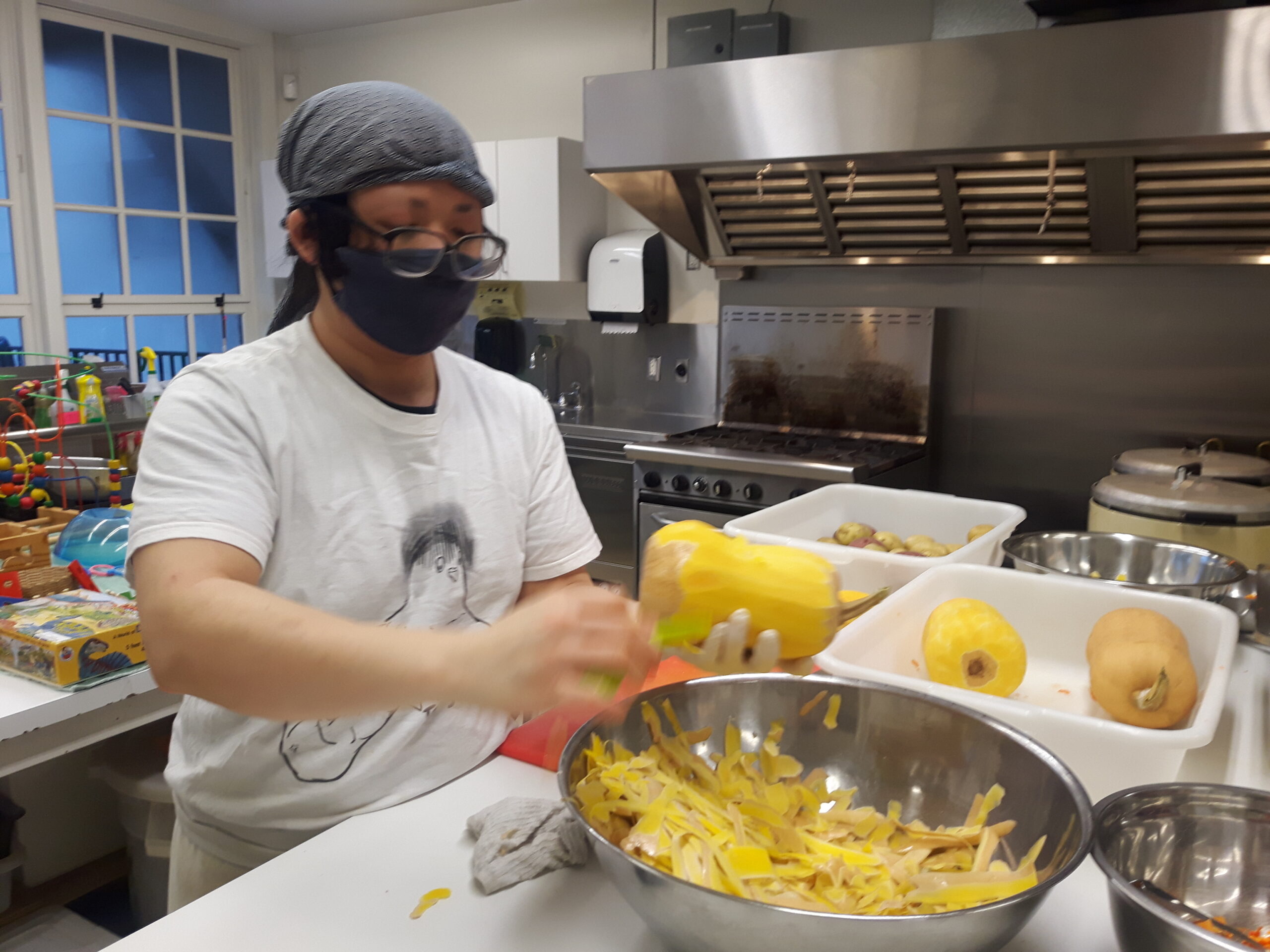
WePress is living the financial dream for most non-profits, charities, and grassroots organizations. They started as an ad hoc group with funding from the Vancouver Foundation and became a charity, receiving both project and operational support from the City of Vancouver, BC Arts Council, and BC Community Gaming Grant. Now they can cover all their required expenses and still expect support for project-based funding.
Shimizu writes grant applications with a team of experts, giving them a “huge advantage” against the competition, but it’s unrealistic to expect other applicants to have access to the same resources, she says.
“Most of these smaller grassroots groups don’t have the capacity to spend their time fundraising and finding grants. They’re scrambling around. They don’t have a lot of staff,” she says. “More money should be going to people who need the most help first, but it tends to go the other way.”
Shimizu suggests funders make the application process more accessible, have more individual consultations with artists, and make reporting more flexible instead of expecting multi-page financial reports from grantees. Instead, she says grant officers can check in with project leaders and base their assessments on observation.
The government’s response to COVID-19 showed us how easy it can be for people to access grants with shorter applications and less reporting. This should be an inspiration for future work, says Shimizu.
“It’s easier to help somebody who has less barriers because they have more of their own capacity. You know that if you set up a program they’ll show up and they’ll be able to be part of the thing you set up. Even if you set up a program and somebody doesn’t have a place to live, you’re not sure they’re going to make it or not, and you have to try to manage all of their barriers.”
Funders need to be more understanding of the fact that work on the ground is fast-moving and unpredictable. Their inflexibility isn’t doing anything but keeping important community work underfunded, Shimizu says. To her, the only answer is to “flip it on its head.”
“Our system doesn’t address the built-in issues around racism and colonialism and ageism and ableism and all the different ways that people are oppressed,” she says.
“People of colour, Indigenous people, and Black people — those people are affected the most because they themselves have the least agency and their barriers are set up in the system to stop them from getting what they need.”
That’s not going to change unless funders address and accept that, as well as the influence of factors like poverty, mental health, and addiction.
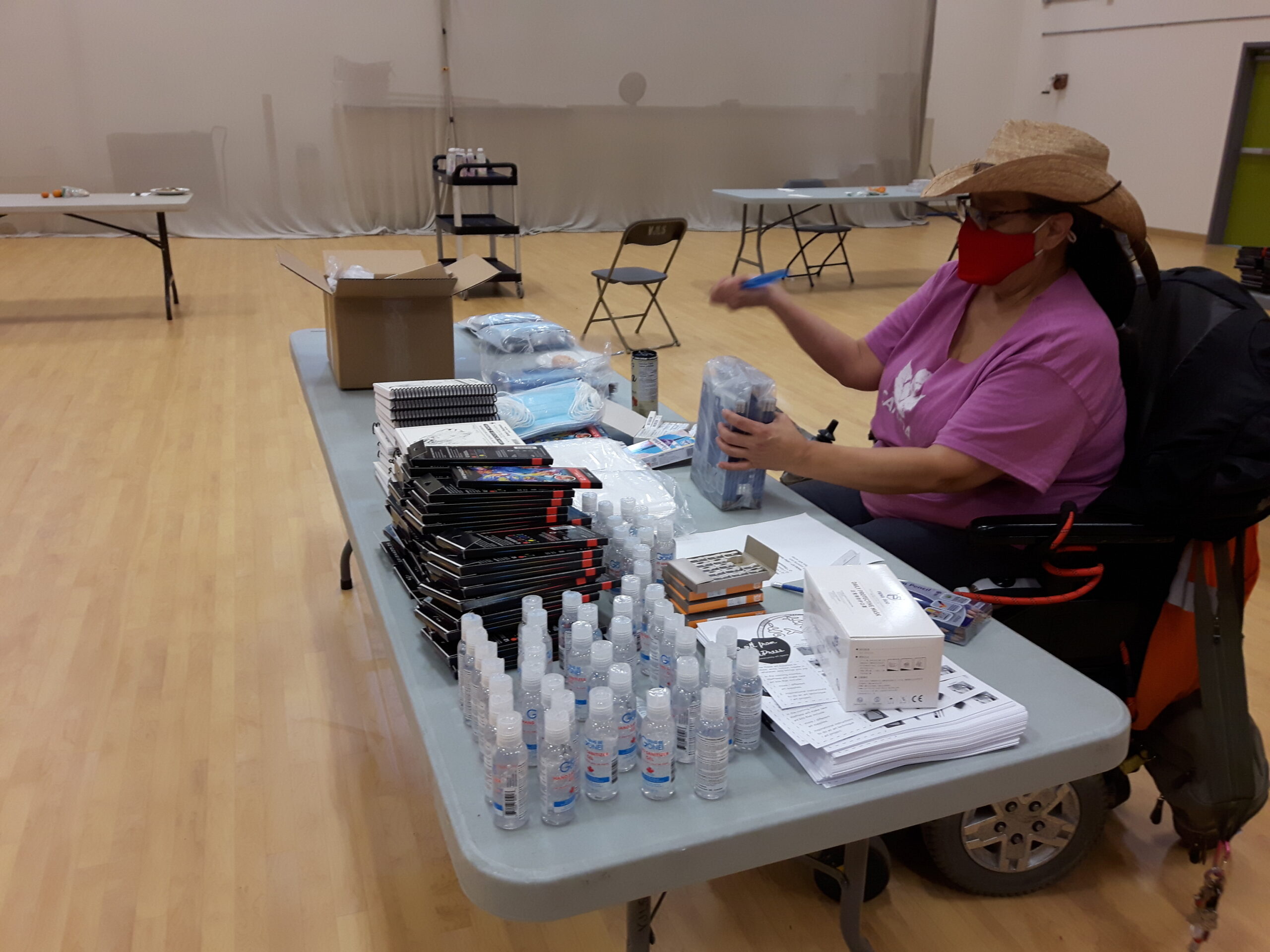
As a Black leader of a mostly BIPOC collective, Braynen wants to see grant givers provide more accessible rent support to younger, less official groups.
“We’re all worthy of being seen as artists, but the ability to be seen is still being overcast by how we look, how we present, who’s gaze we cater to, whose wallet we cater to,” she says. “You have to be willing to also understand that the artists we are willing to support shouldn’t only be the pretty, white ones.”
Organizations that already have money in the bank don’t have to worry about surviving like grassroots organizations do, she says.
“This grassroots organization led by Black and queer and trans individuals and Indigenous individuals, we don’t have access to those type of funds to begin with,” she says.
“If we’re applying for a grant, then we already saying, ‘Hey, we don’t have access to this,’ so why are you making it even more difficult? You’re shooting us in the foot before we can even start running the race.”

